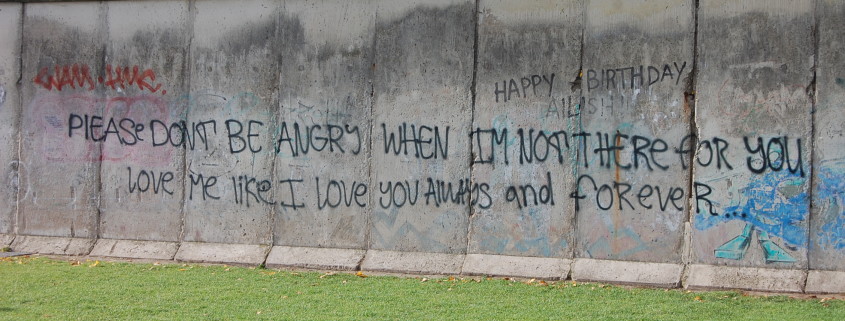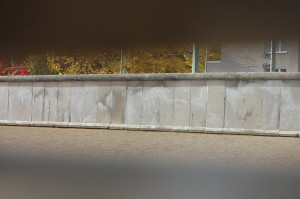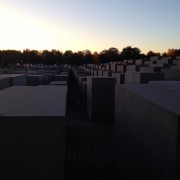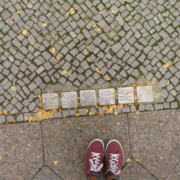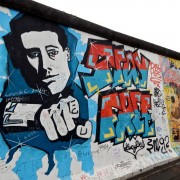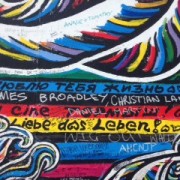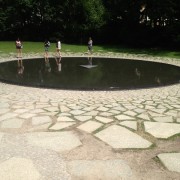The Berlin Wall: A Symbol of Oppression
By Marcin Zak
The Berlin Wall is a testament to the fact that not even a war as incomprehensibly destructive as the Second World War was enough to put an end to the political divisions between human beings living in Central Europe in the 20th century. Of course, the situation is much more complicated than what the content of such an off-hand analysis may indicate, but perhaps it begs the question: Does it all have to be so complicated?
Finding myself in Central Europe, essentially the focal point of the Second World War, and being faced with and coming to understand the immediate post-war consequences – the eventual result of which was the Berlin Wall – I initially found myself questioning the necessity of what are, in many ways, ludicrous propositions. Who would have thought that a wall was a viable option towards defusing a political climate created by the likes of what were some very real tensions? Having visited the Berlin Wall memorial and stood where one of the most visible manifestations of these tensions presented itself in the form of the Death Strip, I am beginning to understand the results of the toxic fallout of World War II.
The War was a cataclysm the likes of which had never been seen. Any and all options that could be exhausted towards the prevention of such a war from happening again must have seemed like viable ones. Thus, we have the political division of Germany & Berlin to be kept under international surveillance by the likes of the United States, the United Kingdom, France & the Soviet Union. Yet the competitive side of human nature creeps in even in the face of alleviating future conflict. Thus the manmade competition between political and social systems begins. Life under Soviet control is unfavorable and so migration to the West begins. The obsession over being the winner takes precedence and the Wall is built to prevent illegal emigration. By all accounts, it was indeed a competition. In June of 1961, two months before construction of the Wall begins, Soviet First Deputy Premier Anastas Mikoyan remarks: “The GDR [German Democratic Republic] is the country where it must be determined that Marxism-Leninism is right, and that communism is the higher, better social order for industrial nations as well. If socialism does not prevail in the GDR, if communism does not show itself to be superior and viable here, then we have not won.” This quote, taken from a short book on the history of the Wall that I bought in Berlin, to me, exemplifies the underhanded and competitive nature of the proceedings driven by political motives in the post-War years. The overall well being of the public, at least on the communist side, was not in the political agenda.
My parents were born and raised in the Eastern Bloc – in Poland. They claim to not remember much from their youth. Perhaps they don’t want to remember. They said there was always food on the table and always work to be found but not much else to look forward to. It is a testament to the failure of the communist system that they and millions of others chose to immigrate to the West. Now, having been to Berlin, what struck me was the sheer oppressive efficiency of the Wall. It was not merely a tool of oppression but a symbol of it. I can finally come to terms with the oppression my parents must have felt; what they choose to relegate to the past. As an American traveler, such lessons in history can only be made truly manifest in my mind by way of physical evidence. In the States, I think there is a prevailing trend towards viewing history as sort of a movie; out of the hands of our young generation’s influence. This is disquieting. Americans can afford themselves the opportunity to not have to deal with the burden of history. Young people can experiment with all sorts of political ideologies and they can decide which ones suit them or not. We, as Americans, don’t have to be at the mercy of explicitly oppressive circumstances. We have the power to choose, the power to forge our destinies as American citizens. I cannot think of a clearer symbol of the division and oppression that competitive politics have wrought than the Berlin Wall.

